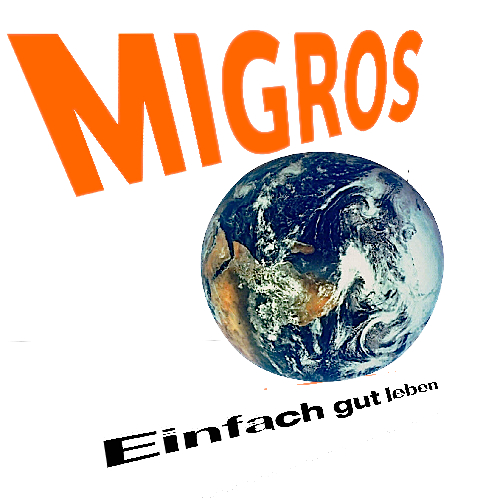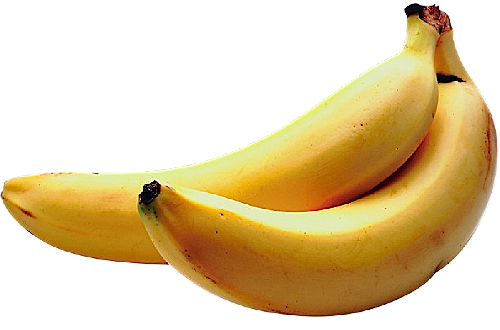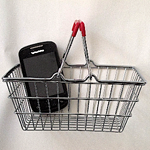Twenty five years ago Europe was in a state of flux. Many differing political agendas were being promoted in the belief that drafting the right regulations would somehow automatically unlock all the expectations with little or no further discussion or purpose.
If there was a single example to illustrate the processes involved, you will not be surprised to learn that I happen to think that competition is sine qua non for civilised society. Considering the central role of competition in a liberal economy, it is disturbing that at no point during the closing years of the 20th century was there a single EU-backed discussion or study of commercial planning permission for urban populations. At the time, there was just one voice to be heard in the darkness, challenging the naif notion that competition would somehow develop unhindered in a bed of thistles, that we would somehow recognise this state of innocence when it emerges from the shadows. The voice was that of French deputy Jean-Paul Charié. He presided over la commission de la production et les Echanges, publishing a parliamentary report into dysfunctional competition. At the time I was a production sub on a weekly trade title . Intrigued by the subject matter and knowing that this was a one-off opportunity, I phoned the French parliament and spoke to Chariés office. I was pleasantly surprised to get a phone call back from Charié in person, when he promised to post me a copy of the report to get the full story. Sadly, I never spoke to him again, since he died, but his published work casts a bright light on topics that thenceforth could be debated in public with impunity. The evidence he collected on commercial malpractices came from all over Europe, painting a rather downbeat picture of how ethical standards in retailing had declined while managing to appear outwardly presentable.
Follow the Freench logo to track this extended series.




